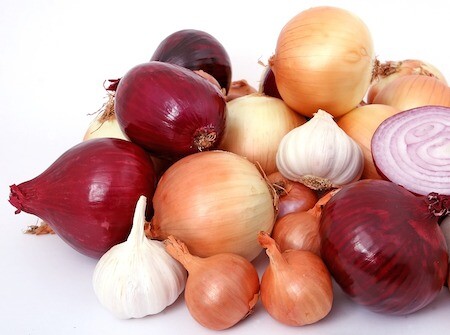Dogs are often considered part of the family, sharing in our daily lives and sometimes even our meals. However, it’s crucial to remember that not all human foods are safe for our canine companions. While it might be tempting to share a bite of your favorite snack with your furry friend, some foods that we consider delicious and harmless can be toxic or harmful to dogs, leading to serious health issues or even fatalities. Understanding which foods pose a risk is essential for any dog owner who wants to ensure their pet’s well-being and longevity.
This article delves into the top 10 human foods that could harm your dog, highlighting the potential dangers and symptoms of ingestion. By being informed about these hazards, you can take the necessary precautions to protect your furry friend from accidental poisoning and keep them happy and healthy. Whether it’s a seemingly innocuous treat like grapes or a festive indulgence like chocolate, knowing what to avoid will help you make safer choices for your dog’s diet.
Additionally, this knowledge is not only vital for preventing accidental ingestion but also for educating other family members and visitors about the risks. Proper education and vigilance can significantly reduce the chances of your dog encountering harmful foods. Read on to discover which common foods could spell trouble for your pet and learn how to keep your kitchen and dining habits dog-safe. Ensuring your dog’s diet is free from these dangerous foods is a critical step in responsible pet ownership.
5Onions, Garlic and Chives

Onions, garlic, and chives, all members of the Allium family, can be highly dangerous for dogs when ingested. Consuming these ingredients can lead to gastrointestinal distress, anemia, or even organ damage in dogs. Even small amounts can be harmful, making it best to keep your pup away from these foods altogether.
Onions contain thiosulfate, a compound toxic to dogs and cats, while garlic contains disulfides and sulfoxides, which are also toxic in large quantities. Chives contain an essential oil linked to hemolytic anemia in some animals. It is important to remember that these foods should never be given as treats or mixed into your dog’s food — even cooked versions can still pose a significant risk.
The toxic effects of onions, garlic, and chives are cumulative, meaning that even small amounts ingested over time can add up to cause serious health problems. Hemolytic anemia, caused by the destruction of red blood cells, can lead to symptoms such as weakness, lethargy, pale gums, and dark-colored urine. In severe cases, it can result in organ failure and death.
Cooking these foods does not reduce their toxicity, so they should be avoided in all forms. If you suspect your dog has eaten any food containing these ingredients, seek veterinary assistance promptly. Early intervention can be critical in preventing severe health complications.

